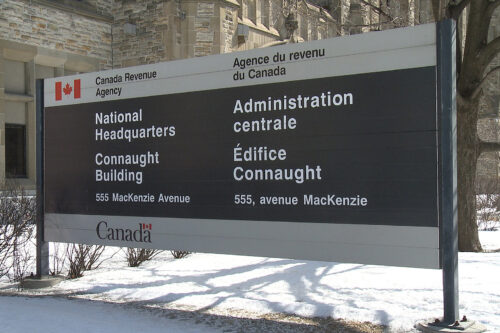Director Liability: De Facto Director
Directors can be personally liable for payroll source deductions (CPP, EI, and income tax withholdings) and GST/HST unless they are duly diligent in preventing the corporation from failing to remit these amounts on a timely basis. Individuals can be personally liable as directors for up to two years after their resignation. A July 19, 2023 French Court of Quebec case reviewed whether the taxpayer had resigned as a director of a corporation, thereby protecting the…







